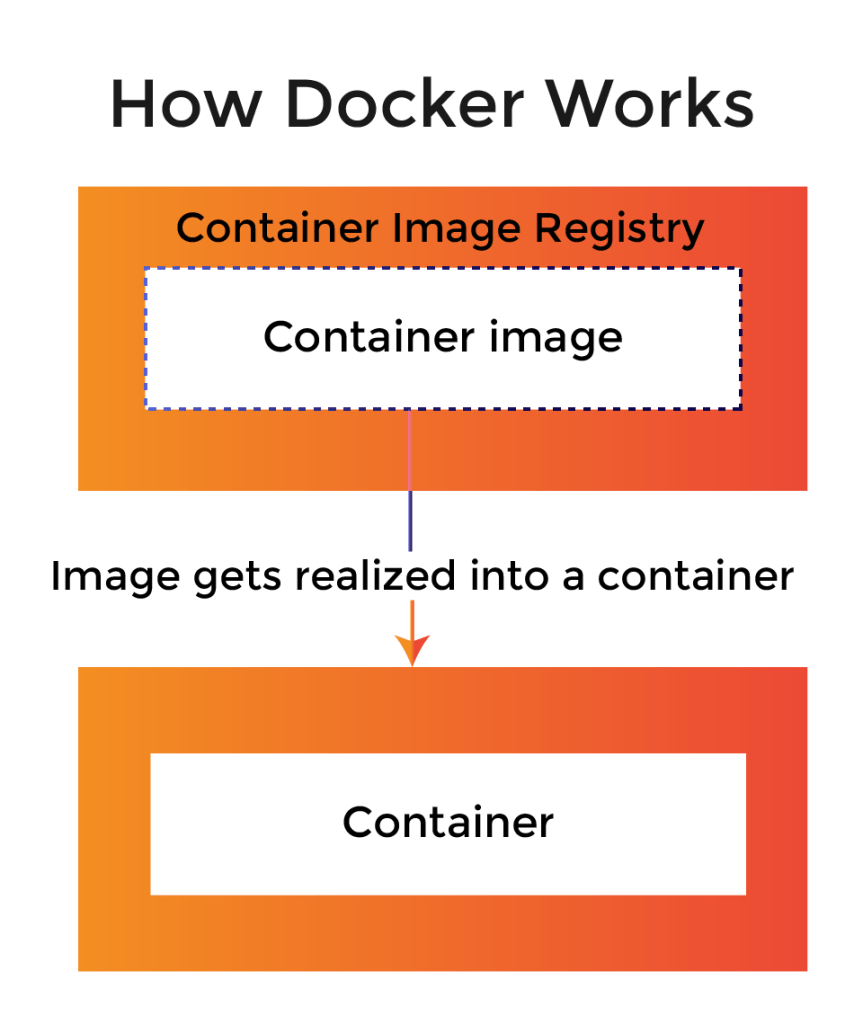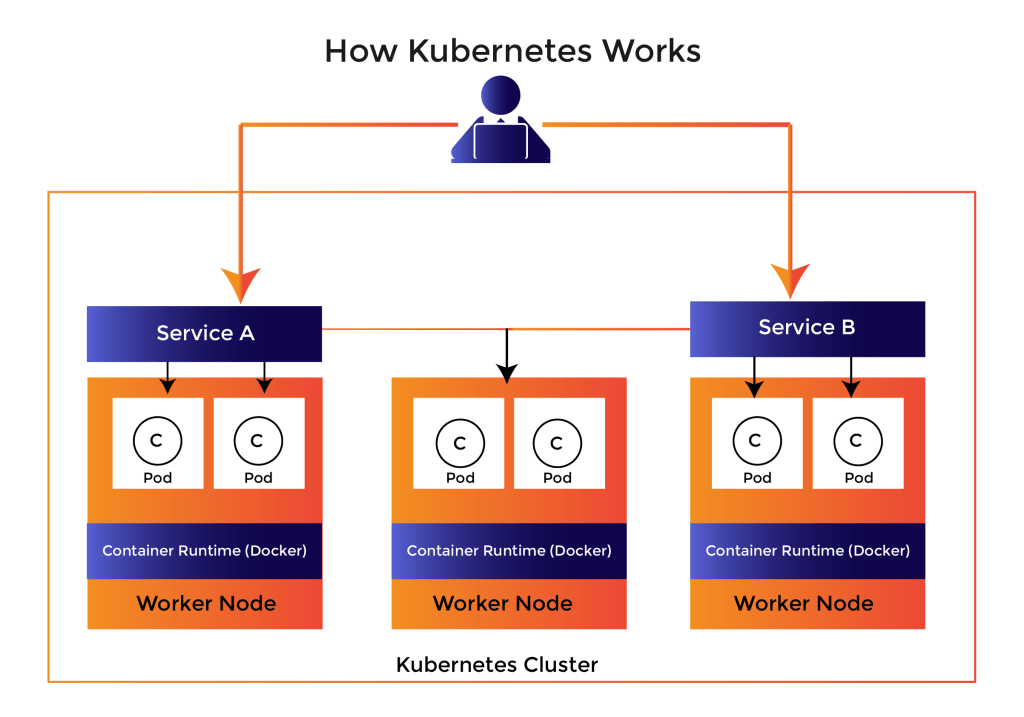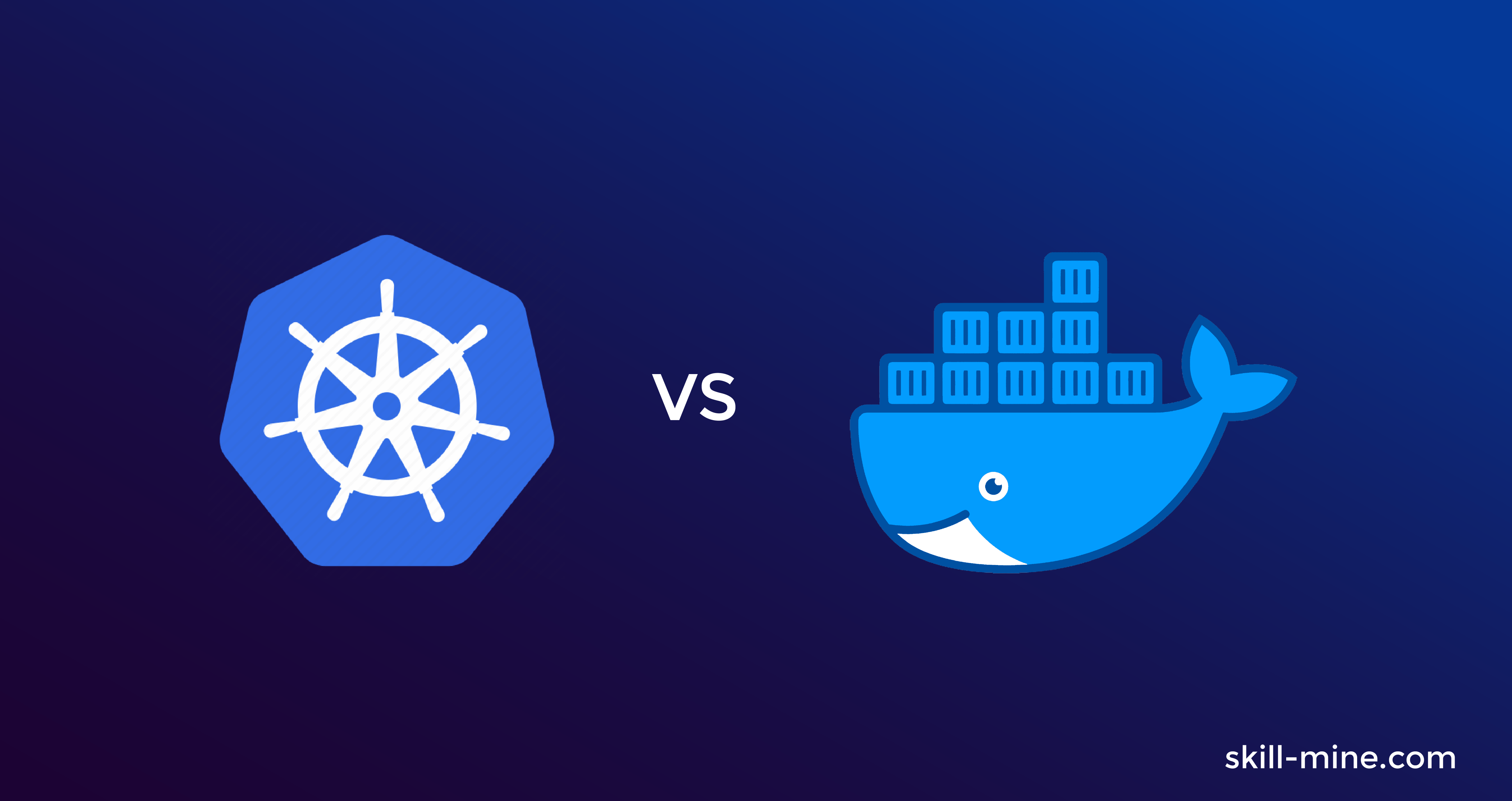Understanding Container Orchestration
Container orchestration is the process of managing, deploying, and scaling containers seamlessly. It involves tasks such as container provisioning, load balancing, scaling, health monitoring, and more. Container orchestration ensures that your applications run efficiently and reliably, even in complex, distributed environments. Two of the most popular choices in this realm are Docker and Kubernetes.
Docker: Docker is renowned for revolutionizing containerization. It simplifies the creation and deployment of containers through Docker images, making it a preferred choice for developers. Docker Compose allows for easy multi-container application management, particularly useful for development environments. While Docker Swarm provides built-in orchestration capabilities, it competes directly with Kubernetes for container orchestration dominance.

Kubernetes: Kubernetes, often abbreviated as K8s, is an open-source container orchestration platform originally developed by Google. Google open-sourced Kubernetes in 2014. It has gained immense popularity for its robustness in managing containerized applications at scale. Kubernetes offers advanced features for deployment, scaling, load balancing, and automated updates. Its flexibility and extensibility make it suitable for complex, production-grade deployments.

A Comparative Analysis
Aspects | Docker | Kubernetes |
Ease of Use | Extremely user-friendly with Docker Compose. | Steeper learning curve but powerful. |
Scaling | Limited scaling capabilities with Swarm. | Highly scalable, ideal for large setups. |
Auto-scaling | Does not support auto-scaling. | Supports auto-scaling of the container in a cluster. |
Use Cases | Great for smaller projects and development. | Best suited for complex, large-scale apps. |
App Deployment | Apps are deployed in the form of services. | Applications are deployed as a combination of pods and services. |
Extensibility | Limited extensibility. | Highly extensible with a rich ecosystem. |
Management | Simplified with Compose, limited features. | Comprehensive management capabilities. |
Docker vs. Kubernetes: Which One Should You Choose?
The decision between Docker and Kubernetes relies on factors such as your project’s size, intricacy, and specific needs. Docker serves as an uncomplicated solution suitable for smaller projects and those requiring rapid deployment. Its simplicity and swift setup make it an appealing choice for individual developers and small teams.
Conversely, when dealing with a large-scale, multi-container application involving intricate networking and scaling requirements, Kubernetes emerges as the preferred solution. Its robust orchestration capabilities and extensive features truly shine in such demanding scenarios.
In many cases, a hybrid approach proves effective. You can employ Docker for containerization and development while utilizing Kubernetes to orchestrate these containers within a production environment. This combination harnesses the strengths of both tools effectively.
Conclusion
Docker and Kubernetes are formidable tools, each addressing distinct demands in the realm of containerization and orchestration. Through a thorough assessment of your project’s needs, encompassing factors such as scale, intricacy, and scalability, you can make a well-informed decision between Docker and Kubernetes. This ensures the seamless management and deployment of containers that align precisely with your unique objectives.
Skillmine’s DevOps experts can help you identify and manage your containerization needs. Through in-depth project assessments, we tailor containerization strategies, selecting the right tools like Docker or Kubernetes for efficient container management.
Looking for expert technology consulting services? Contact us today.





